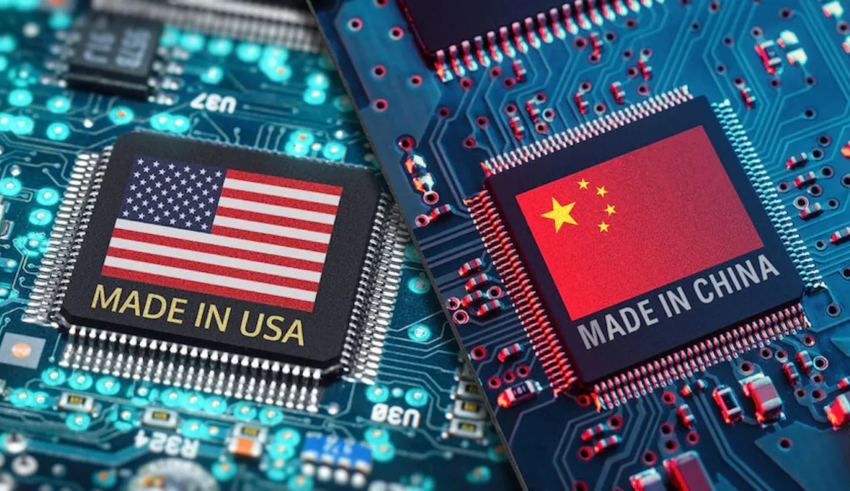On Friday, the U.S. Commerce Department will release conclusive regulations aimed at obstructing the utilization of semiconductor manufacturing subsidies by countries, including China, that are considered to present American national security concerns.
These rules represent the last barrier to clear before the Biden administration can commence the allocation of $39 billion in subsidies for semiconductor production. This milestone achievement stems from the ‘Chips and Science’ law, which earmarks $52.7 billion to support various facets of U.S. semiconductor production, research, and workforce enhancement.
Initially introduced in March, the regulation establishes essential guidelines by imposing restrictions on beneficiaries of U.S. funding. These constraints prohibit investments in the expansion of semiconductor manufacturing in countries of concern, such as China and Russia. Moreover, they also restrict recipients of incentive funds from participating in collaborative research or technology licensing endeavors with foreign entities from these nations of concern.
In a separate development in October 2022, the department introduced fresh export controls designed to sever China’s access to specific semiconductor chips produced using U.S. equipment. This move was part of a broader strategy aimed at curbing Beijing’s technological and military progress.
On Tuesday, Commerce Secretary Gina Raimondo emphasized the critical need for unwavering vigilance to ensure that not a single dollar of this funding aids China in surpassing us in technological advancements, as she addressed Congress.
In cases where beneficiaries breach the imposed restrictions, the Commerce Department retains the authority to reclaim federal awards.
Raimondo conveyed to Congress her commitment to expediting the approval of awards, acknowledging the urgency of the situation. She noted feeling the pressure, admitting that they are facing delays, but emphasized the paramount importance of precision. She affirmed her willingness to defend taking additional time, whether it be another month or a few more weeks, in order to ensure that the process is executed accurately, given its necessity.
The ongoing battle between the United States and China in the realm of intellectual property has emerged as a defining feature of their complex relationship.
(Source: David Shepardson | Reuters)









